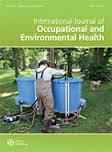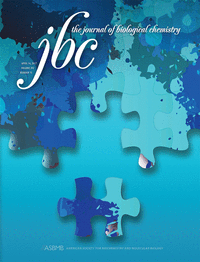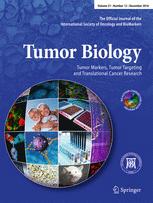
Brigham and Women’s Hospital and its parent healthcare network have agreed to pay $10 million to the U.S. government to resolve allegations it fraudulently obtained federal funding.
The case, which involves three former Harvard stem cell researchers, dates back several years. In 2014, Circulation retracted a paper by Piero Anversa, Annarosa Leri, and Jan Kajstura, among others, amidst a university investigation into misconduct allegations. Anversa and Leri — whose lab was described as filled with “fear” by one former research fellow — later sued the hospital for notifying journals of that investigation. They lost.
In the agreement announced today by the Department of Justice (DOJ), Partners Healthcare and Brigham and Women’s Hospital have agreed to pay the government $10 million to settle allegations that the researchers fraudulently obtained funding from the National Institutes of Health:
 First, an occupational health journal appointed a new editor with industry ties without consulting the editorial board. Then, with no explanation, it withdrew a paper by the previous editor that was critical of corporate-sponsored research — again, without consulting the editorial board.
First, an occupational health journal appointed a new editor with industry ties without consulting the editorial board. Then, with no explanation, it withdrew a paper by the previous editor that was critical of corporate-sponsored research — again, without consulting the editorial board.
 A scientist has
A scientist has 
 A biology society is hiring three editors to screen images in submissions to its journal, Journal of Biological Chemistry — which we think is a great idea.
A biology society is hiring three editors to screen images in submissions to its journal, Journal of Biological Chemistry — which we think is a great idea.

 Springer is
Springer is 

 A journal has flagged a paper by a researcher who has questioned the safety of genetically modified organisms, after receiving concerns that there were issues with some images.
A journal has flagged a paper by a researcher who has questioned the safety of genetically modified organisms, after receiving concerns that there were issues with some images.